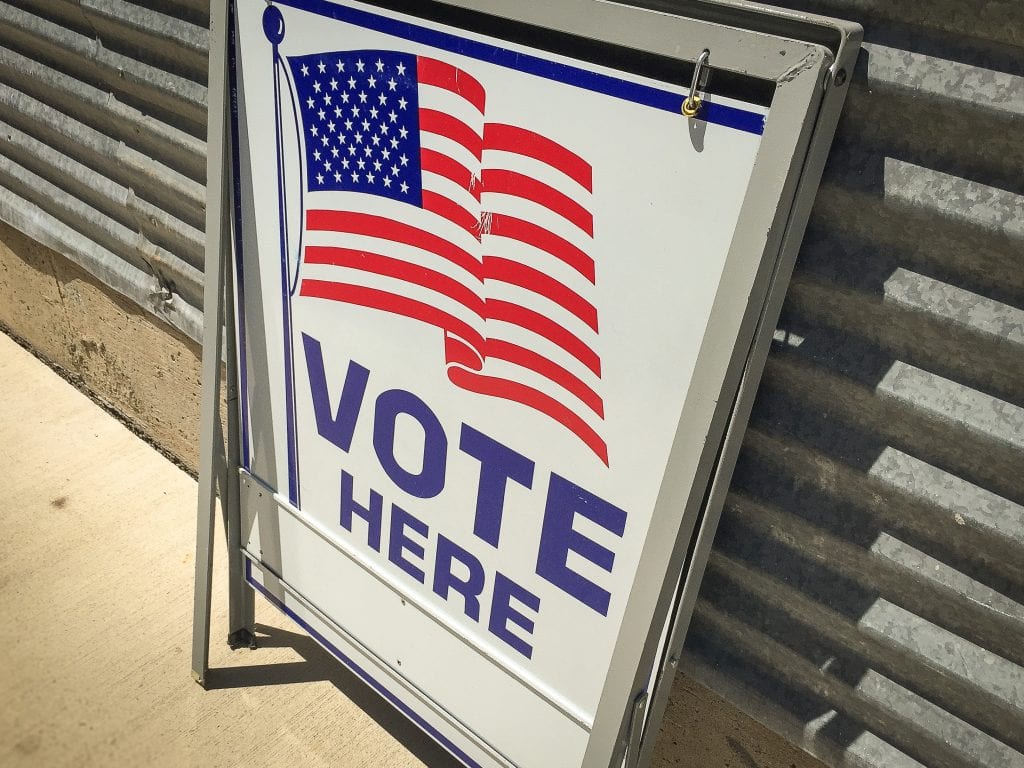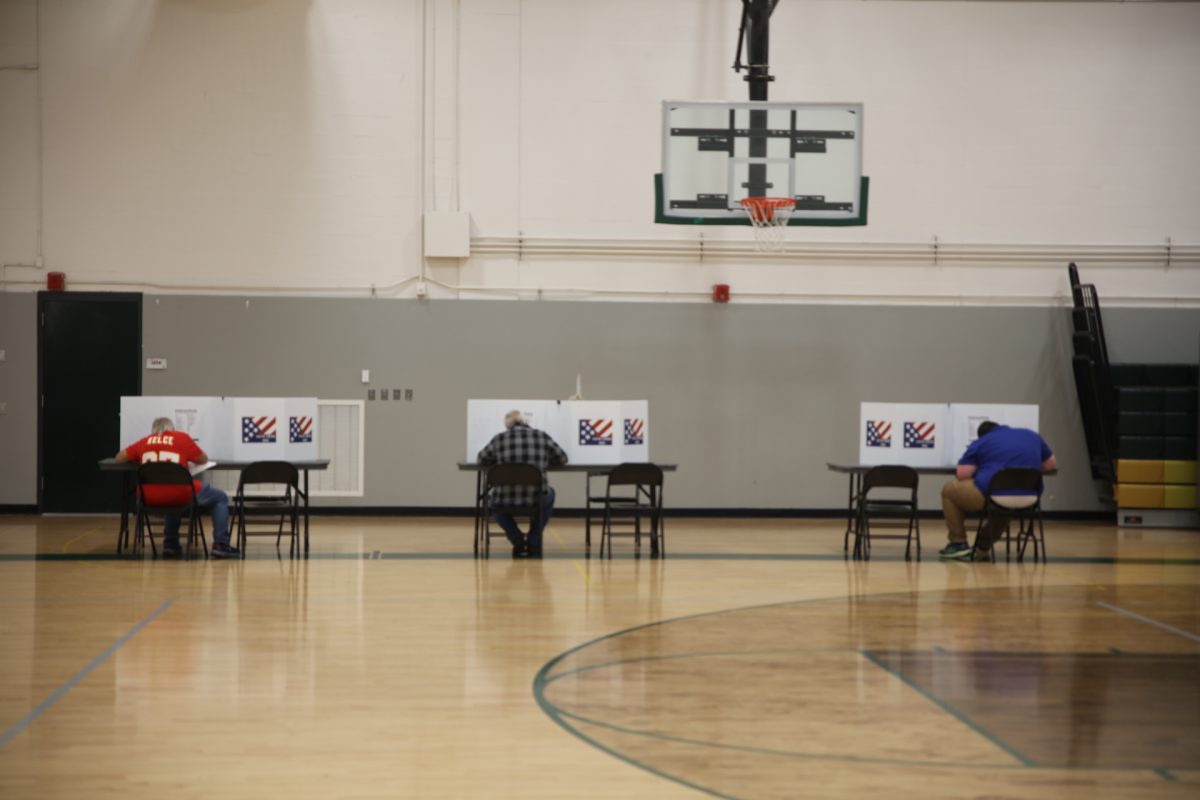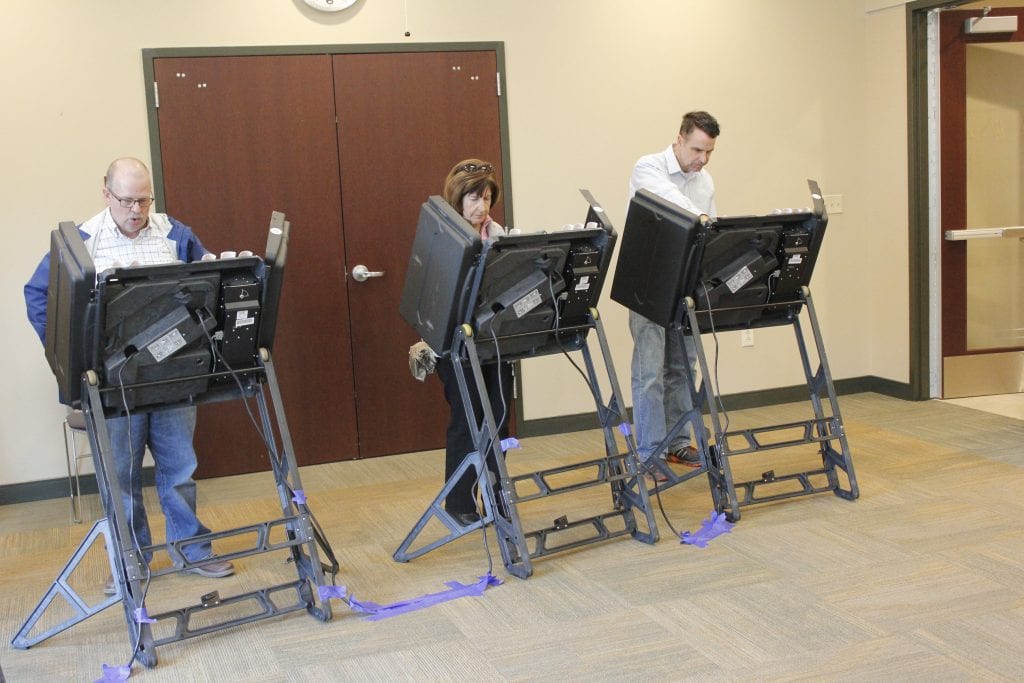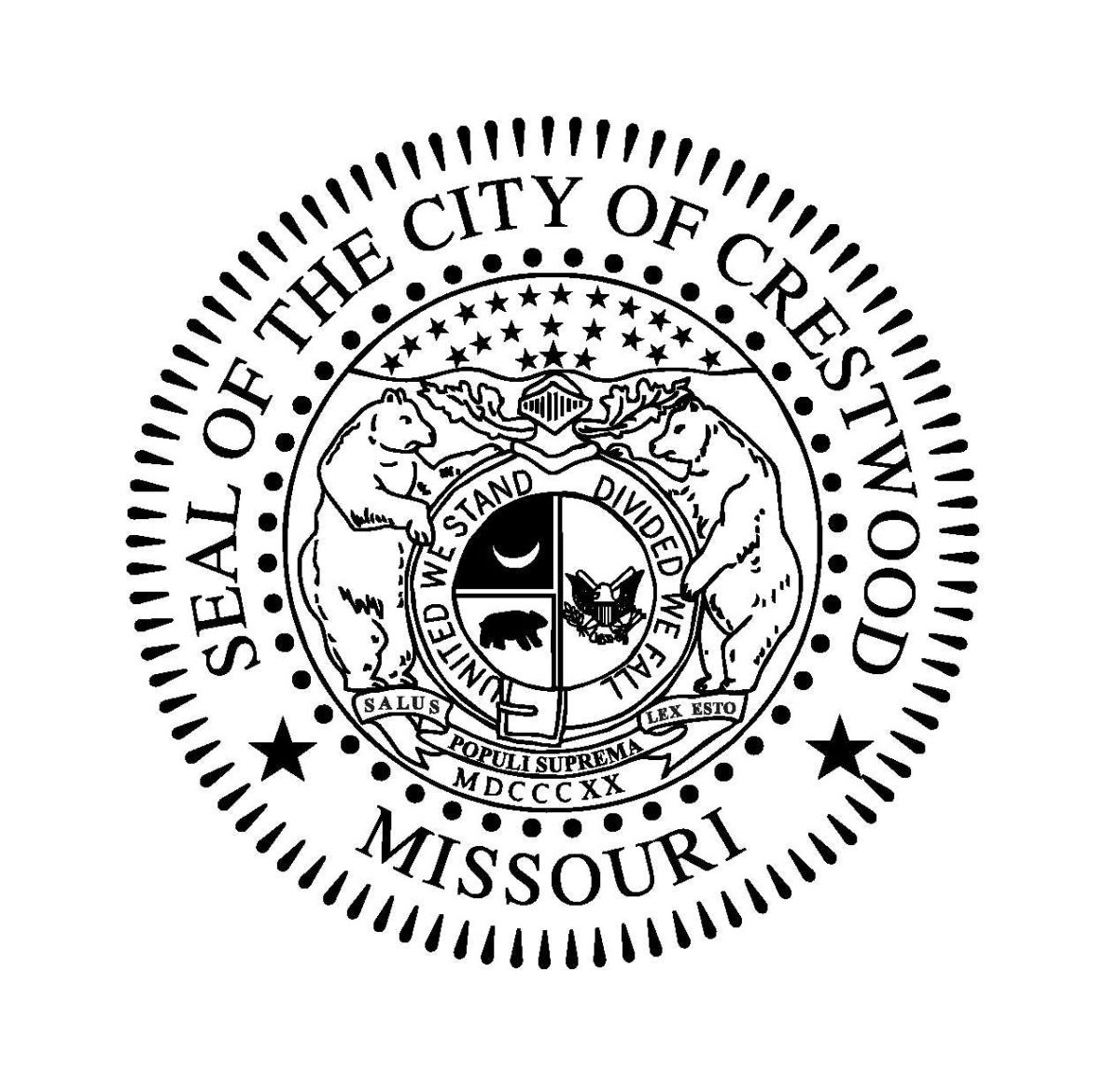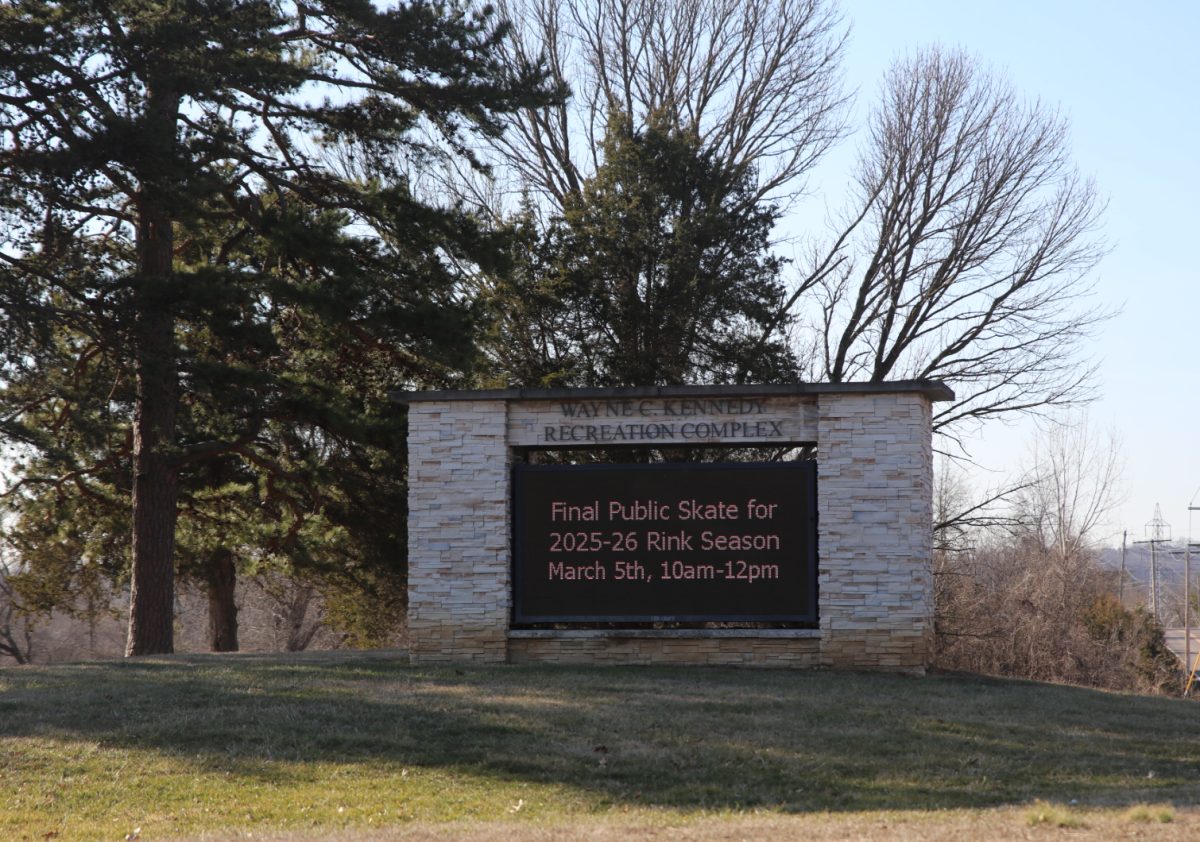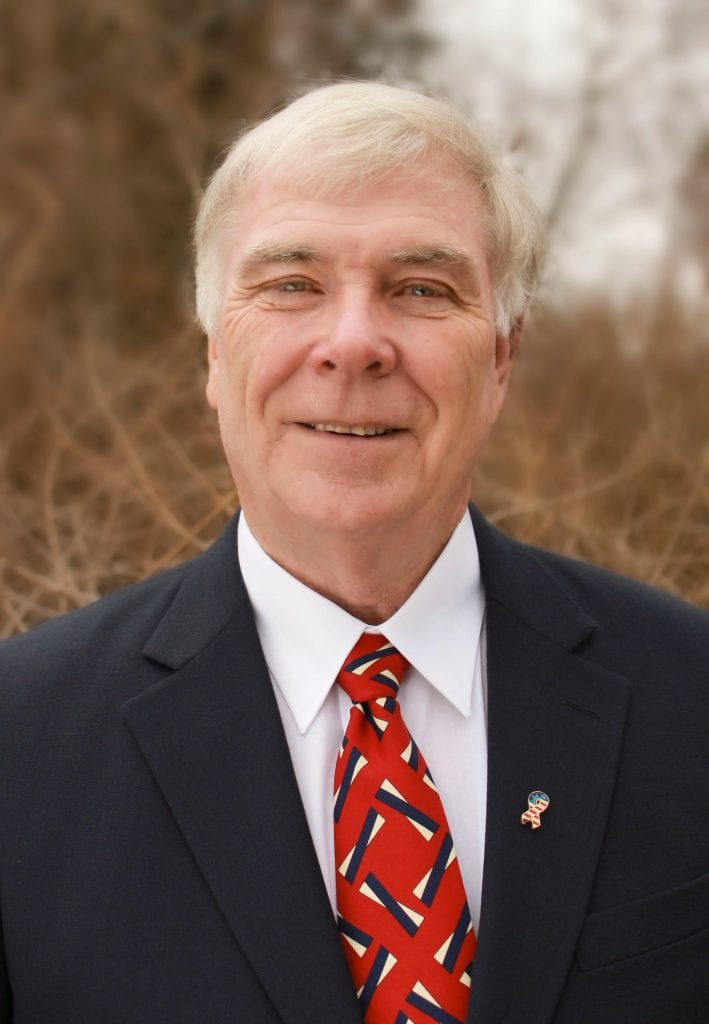
I am sure many readers know of someone who did not vote this month. The familiar excuse is: “I am only one person. What difference can I make?”
But isn’t each of us one person? Why should anyone feel shortchanged or ineffective because he or she is only one person? From the moment of birth to our last breath, each of us will only be one person.
To appreciate just how influential a single ballot can be, consider the one-vote margin. It is not as rare as one might think.
King Charles I of England would be the first to agree.
Accused by the House of Commons in 1649 of treason against his subjects, one solitary vote cost him his throne and his head.
One vote changed France from a monarchy to a republic in 1875.
Even presidents are not invulnerable. In 1801 there was a tie vote in the Electoral College between Thomas Jefferson and Aaron Burr. Jefferson was elected by the House of Representatives by one vote.
Three quarters of a century later, in 1876, the Electoral College elected Rutherford Hayes over Samuel Tilden by a single vote.
The presidency of Andrew Johnson was saved by a single vote in the Senate when he was tried for impeachment in 1868.
There are many other examples where a single vote changed the course of history. In 1845, one vote brought Texas into the Union. In 1867, one vote ratified the purchase of Alaska.
Probably the most influential single vote of the 20th century was one cast in a Munich beer hall Nov. 8, 1923.
By one vote, members of the newly formed revolutionary party elected Adolf Hitler to be leader of the Nazi party.
Take heed. One vote may make a difference in November.
Many men and women throughout the world would love to enjoy the freedom to vote that we have in our great country. Do not give up this precious right.
See you at the polls next election.



